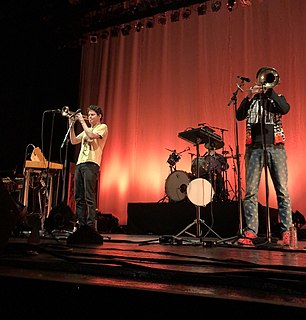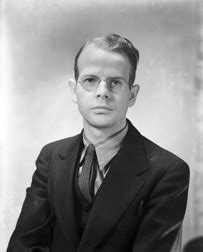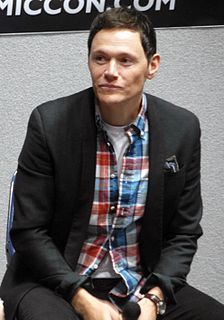A Quote by George Orwell
If you ask any ordinary reader which of Dickens's proletarian characters he can remember, the three he is almost certain to mention are Bill Sykes, Sam Weller and Mrs. Gamp. A burglar, a valet and a drunken midwife-not exactly a representative cross-section of the English working class.
Related Quotes
I tried to go to community college for a while, and it's a funny story. I walked into the English class on the first day, and they told us to write about what we did over the summer. I can't remember exactly, but I think I walked out exactly at that point and went to the office to ask for my money back.
The struggle for socialism is the struggle for proletarian (working class) democracy. Proletarian democracy is not the crown of socialism. Socialism is the result of proletarian democracy. To the degree that the proletariat mobilizes itself and the great masses of the people, the socialist revolution is advanced. The proletariat mobilizes itself as a self-acting force through its own committees, unions, parties, and other organizations.
I am not a capitalist soldier; I am a proletarian revolutionist. I do not belong to the regular army of the plutocracy, but to the irregular army of the people. I refuse to obey any command to fight from the ruling class, but I will not wait to be commanded to fight for the working class. I am opposed to every war but one; I am for that war with heart and soul, and that is the world-wide war of social revolution. In that war I am prepared to fight in any way the ruling class may make necessary, even to the barricades.
Dickens's final book, 'The Mystery of Edwin Drood,' forms the jumping-off point for my new novel, 'The Last Dickens'. This last work by Dickens has very little social commentary and a pretty tightly efficient storyline and cast of characters. Not necessarily what we think of when we think what characterizes Dickens.
[Mrs. Allen was] never satisfied with the day unless she spent the chief of it by the side of Mrs. Thorpe, in what they called conversation, but in which there was scarcely ever any exchange of opinion, and not often any resemblance of subject, for Mrs. Thorpe talked chiefly of her children, and Mrs. Allen of her gowns.
I remember my father had a sermon he used to preach when we were in Florida, in which he gave a reference to the Southern Cross-about the stars, the colors, in the Southern Cross, which thrilled me very much. I must have been around 5 years old. ... Now, it turns out that the Southern Cross itself does have one red star, together with three blue ones.
It was kind of an amazing class. I went to the Strasberg Institute in New York for a little while after I got there, and I've never seen anybody who was in any of my classes there ever again. I mean, that's not to say they didn't become somebody. I'm not sure. I mean, Sam Jackson could've been in my class, for all I remember.
I am more than happy to invite my five favorite fictional characters. Let's see. First on my list is Sam Gamgee from The Lord of The Rings. Sam is a beautiful character; in him, we find the profound heroism of an ordinary person. He epitomizes the saying that courage isn't not being afraid, courage is going anyway. I just love that.
The main reason I decided to study Latin American literature was because I'd gotten somewhat bored by the American fiction I was reading. I am not drawn to a specific style or aesthetic. When I think about literature, I think about it in the three languages I read easily - English, Spanish, and Portuguese. The authors I prefer are all very different and are not limited to certain genres or even certain time periods. Reading across three languages is a way for me to diversify my intake as a reader, not to tunnel into certain categories or demographics.






































